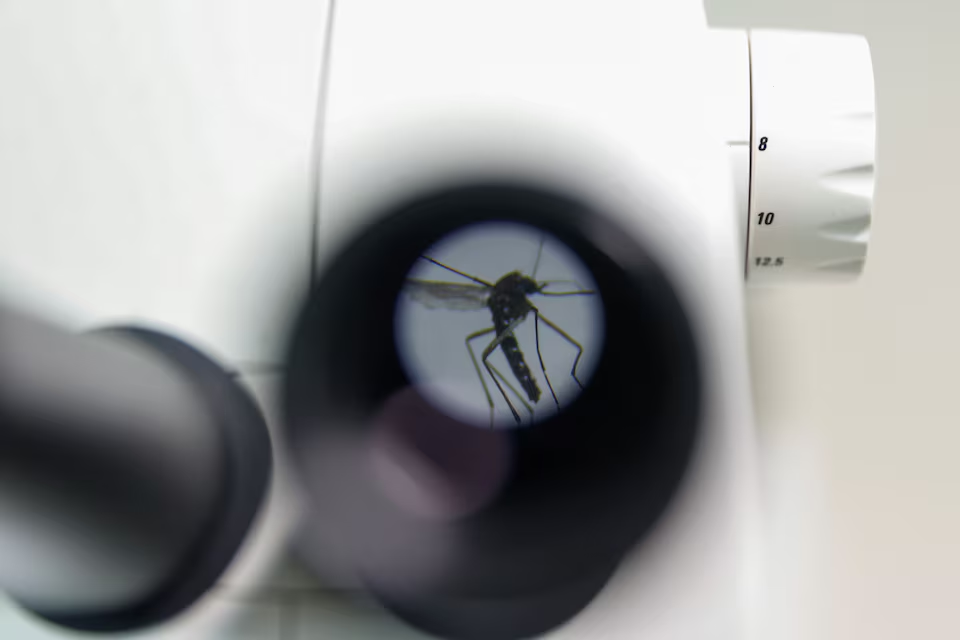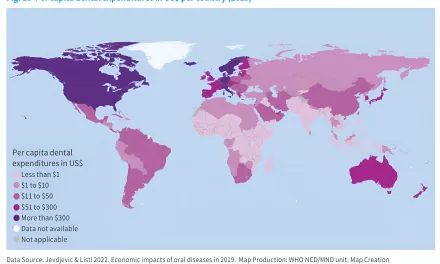New Research Highlights the Hidden Impact of Cancer Treatments on Survivors’ Ageing Process
October 9, 2024—A new study conducted by researchers from the University of California – Los Angeles Health Sciences (UCLA) has revealed a startling discovery: breast cancer treatments such as chemotherapy, radiation, and surgery may accelerate the biological ageing process in survivors. The findings, published in the Journal of the National Cancer Institute, suggest that the impact of these treatments is more extensive than previously understood.
While advancements in cancer therapies have significantly improved breast cancer survival rates, the research points to concerning long-term effects. The study shows that common treatments are associated with increased markers of cellular ageing, leading to a heightened risk of conditions like fatigue, cognitive decline, frailty, and cardiovascular disease.
Accelerated Biological Ageing
The UCLA team, led by Judith Carroll, Associate Professor of Psychiatry and Biobehavioral Sciences, found that breast cancer survivors—regardless of treatment type—showed significant increases in biological ageing markers. These markers include signs of DNA damage response, cellular senescence (a state where cells stop dividing), and heightened inflammatory responses.
“For the first time, we’re showing that the signals we once thought were driven solely by chemotherapy are also present in women undergoing radiation and surgery,” said Carroll. “We expected to see increased gene expression linked to biological ageing in women who received chemotherapy, but we were surprised to find similar changes in those who only underwent radiation or surgery.”
A Longitudinal Study
To reach these conclusions, the research team conducted a two-year longitudinal study. They tracked women undergoing breast cancer treatment, analyzing blood samples before treatment and at several points after treatment. Using RNA sequencing, they examined gene expression linked to biological ageing in the patients’ immune cells.
The researchers focused on genes associated with cellular senescence and inflammation, along with those expressed during DNA damage. They found that immune cells in breast cancer survivors aged faster than expected. While chemotherapy produced distinct patterns of gene expression, similar ageing-related changes were observed in women who only received surgery or radiation.
Implications for Breast Cancer Survivors
These findings underscore the importance of addressing the long-term health risks for breast cancer survivors. The study’s authors highlight the need for a deeper understanding of the biological pathways involved in treatment-induced ageing. By identifying the specific mechanisms at play, healthcare providers can develop better strategies to manage these risks.
“Our goal is to uncover ways to mitigate the effects of accelerated ageing in cancer survivors,” said Carroll. “Understanding how these treatments affect the body at a molecular level could lead to more targeted interventions that improve survivors’ quality of life.”
The Road Ahead
While the study provides crucial insights, further research is needed to explore interventions that could counteract or slow down treatment-related ageing processes. The UCLA team believes that by expanding our knowledge of these pathways, new therapeutic approaches may emerge, offering hope for breast cancer survivors grappling with the long-term impacts of their treatments.
For now, the study serves as a reminder that while breast cancer treatments save lives, they can also leave lasting effects on survivors’ health. Clinicians and researchers are urged to consider these findings when developing follow-up care plans for breast cancer patients to help them navigate the challenges of recovery with improved understanding and support.












